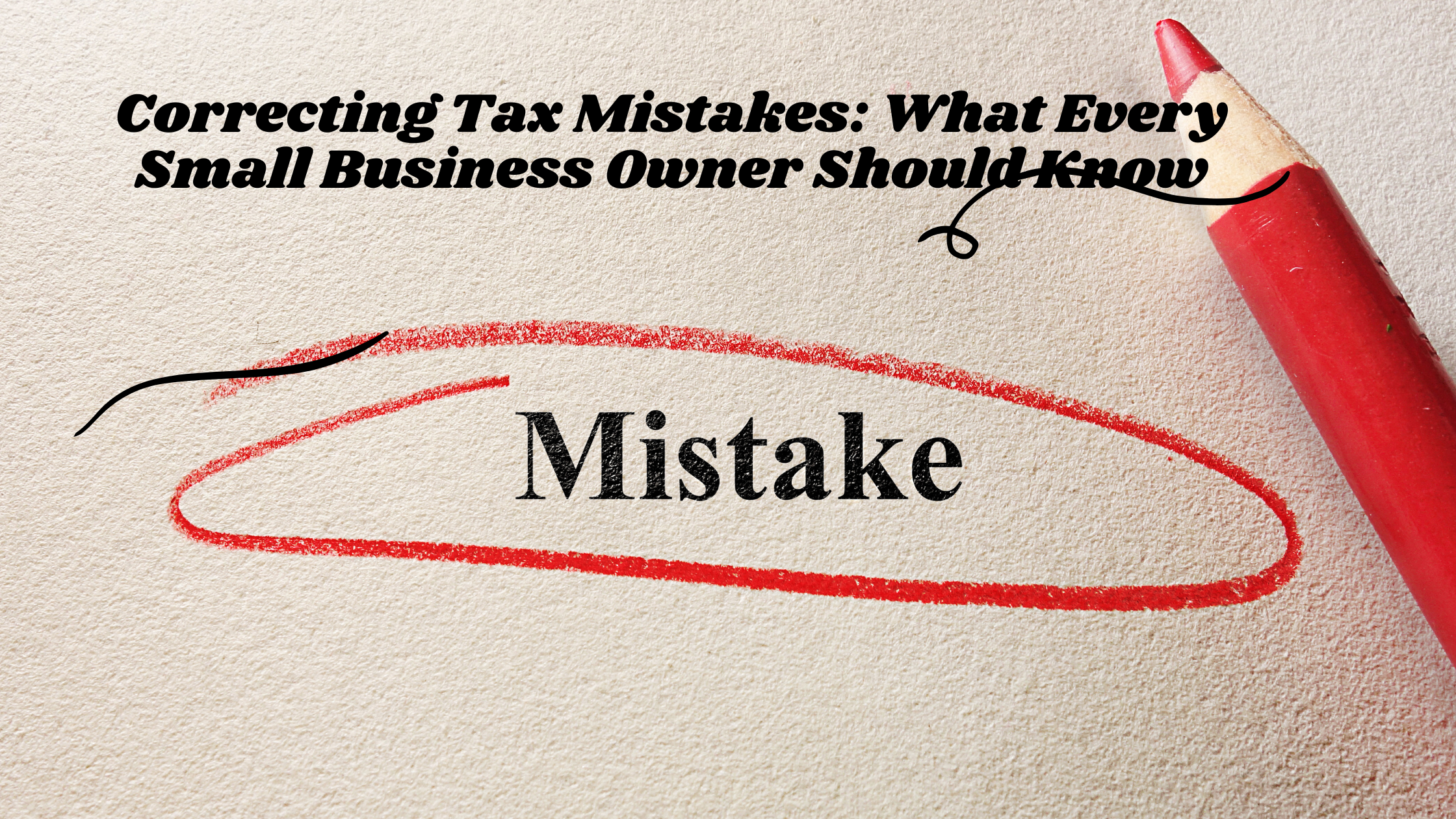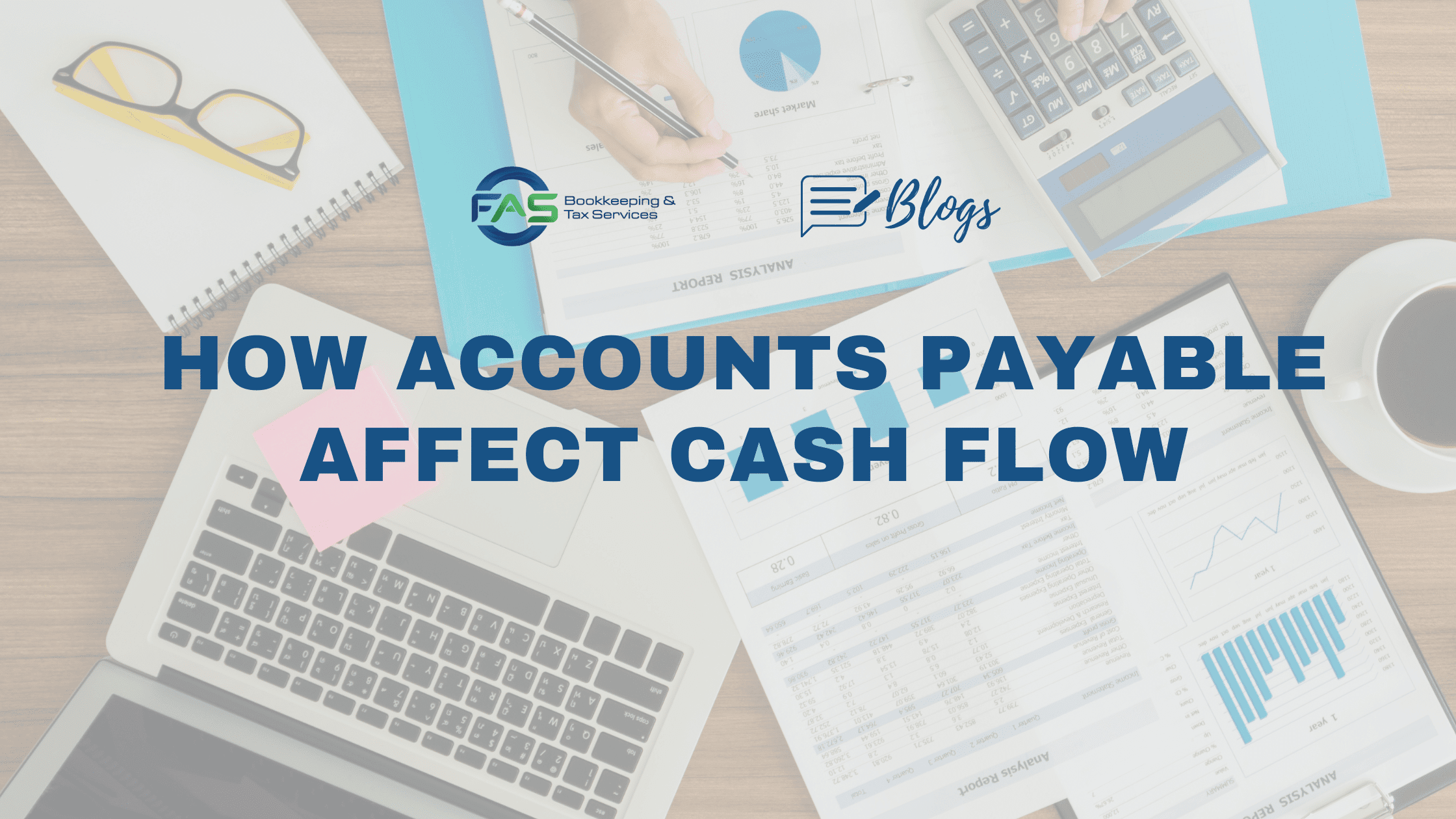How accounts payable affect cash flow
Accounts payable is one of the most important figures in your business finances. It tracks money owed to third parties such as vendors and suppliers, which means that it represents payments you are due to make. There is a clear relationship between accounts payable and cash flow, making it a crucial metric to understand.
This metric can have an impact on your company’s financial health: if accounts payable increases despite your efforts to reduce expenses or pay off debt, then this will likely reflect an increase in cash flow. However, if there is a decrease in accounts payable despite having more money coming in than going out, this could indicate that something else is going wrong with your finances.
The best way to keep track of accounts payable is by using a bookkeeping software system such as QuickBooks Online or some other bookkeeping software. These allow you to create accounts from scratch without having to rely on manual data entry or spreadsheets. They also provide accurate reports that allow you to spot trends quickly and take action quickly if necessary!
How an increase in accounts payable affect cash flow
You may have heard that increasing payments can lead to a decrease in cash flow. But what does this mean?
Well, if you’re not familiar with accounts payable, it’s pretty simple: it’s basically an accounting term that means “pending receipts.” In other words, it means your business has received the money you need to pay for goods and services but hasn’t spent it yet.
So why would increasing AP negatively affect cash flow? The answer might seem counterintuitive, but an increase in accounts payable actually leads to a positive cash flow. The reason for this is that AP is actually an accounting term, and this indicates that a company has not immediately spent cash. The fact that these funds have not left the company account therefore indicates an increase in cash for the business.
How a decrease in accounts payable affect cash flow
A decrease in accounts payable is the opposite effect of an increase in accounts payable. If you have more money coming in than going out, you should expect to see an increase in accounts payable. On the other hand, if you have less money coming in than going out, then this means that cash has been paid out to vendors or suppliers and therefore there will be less money available for general business operations.
Negative cash flow can be caused by a decrease in accounts payable or an increase in accounts receivable. These two factors can both cause negative cash flow because they are both ways for your company to spend its income rather than save it.
How to manage accounts payable to improve cash flow
When it comes to managing the flow of money in your business, there’s no better place to start than with accounts payable and cash flow. Accounts payable and cash flow are so closely linked that they’re essentially the same thing—you can manage both in such a way that maximizes your company’s cash flow.
The first thing you need to know is this: always pay your bills on time, but do not pay them before they are actually due. In other words, if you have a bill coming due on a certain date that you need to pay before then, don’t pay it just yet! It might seem like a good idea to get bills out of the way as soon as possible, but this can actually have a detrimental effect on your cash flow. Essentially, a bill that is due to be paid represents an increase in accounts payable; paying it will reduce the accounts payable. By extending the payment period of your bills, you create a healthier cash flow for your company.
Want to manage your accounts payable?
If you want to properly manage your accounts payable but you’re not sure how to, then you might need an expert to help you get started so you can keep an eye on your accounts payable! Well you’re in luck, we can help you maximize your accounts payable in relation to your cash flow! Send us a message today to know how we can get you started!





